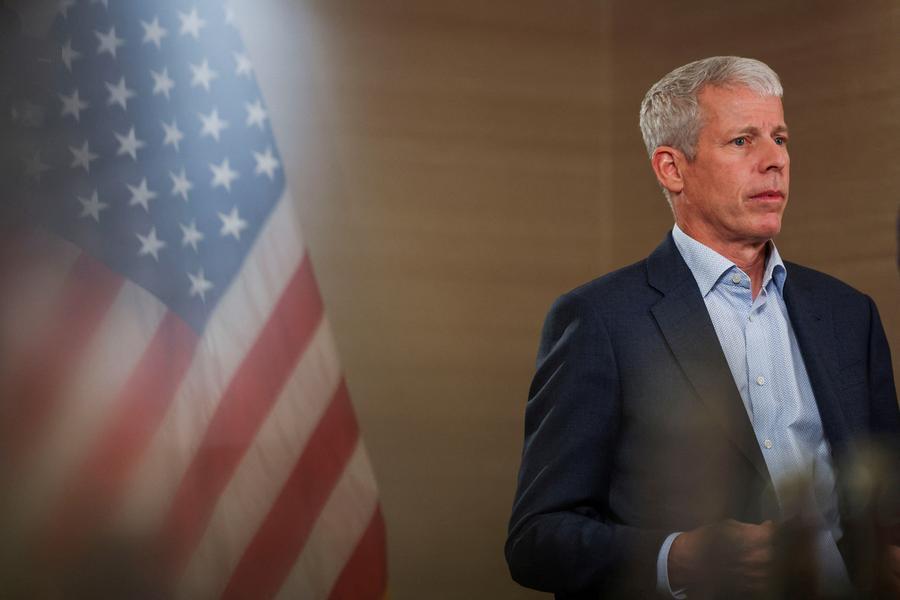The United States and Saudi Arabia are progressing towards a preliminary agreement that will facilitate cooperation on the development of a civil nuclear industry in the kingdom. U.S. Energy Secretary Chris Wright announced this development during a press briefing in Riyadh, where he met with Saudi Energy Minister Prince Abdulaziz bin Salman, according to Zawya.

Wright indicated that discussions between the two nations are on a “pathway” to formalizing an agreement. He mentioned that more details regarding a memorandum of understanding for energy cooperation would be released later this year. Wright emphasized the necessity of a 123 agreement, which is mandated by Section 123 of the U.S. Atomic Energy Act of 1954. This agreement is essential for U.S. entities to collaborate with Saudi Arabia on civil nuclear initiatives.
Currently, Saudi authorities have not accepted the stipulations outlined under the Atomic Energy Act. This includes nine non-proliferation criteria that are intended to prevent the development of nuclear weapons or the transfer of sensitive materials. Previous negotiations faced challenges, particularly because Saudi Arabia was hesitant to agree to terms that would prohibit uranium enrichment and spent fuel reprocessing, both of which could potentially lead to nuclear weapon capabilities.
Concerns have been raised regarding Saudi Crown Prince Mohammed bin Salman’s assertion that if Iran were to develop a nuclear weapon, Saudi Arabia would follow suit. This stance has heightened worries among arms control advocates and some lawmakers in the U.S. about the implications of a civil nuclear deal with Saudi Arabia.
Wright did not discuss any broader arrangements that had been sought by the previous U.S. administration, which aimed to include a civil nuclear agreement and security guarantees. Meanwhile, Saudi Arabia, the largest oil exporter globally, is focused on generating significant renewable energy and reducing emissions as part of its Vision 2030 reform strategy, with nuclear energy expected to play a role in these plans.


Leave a Reply